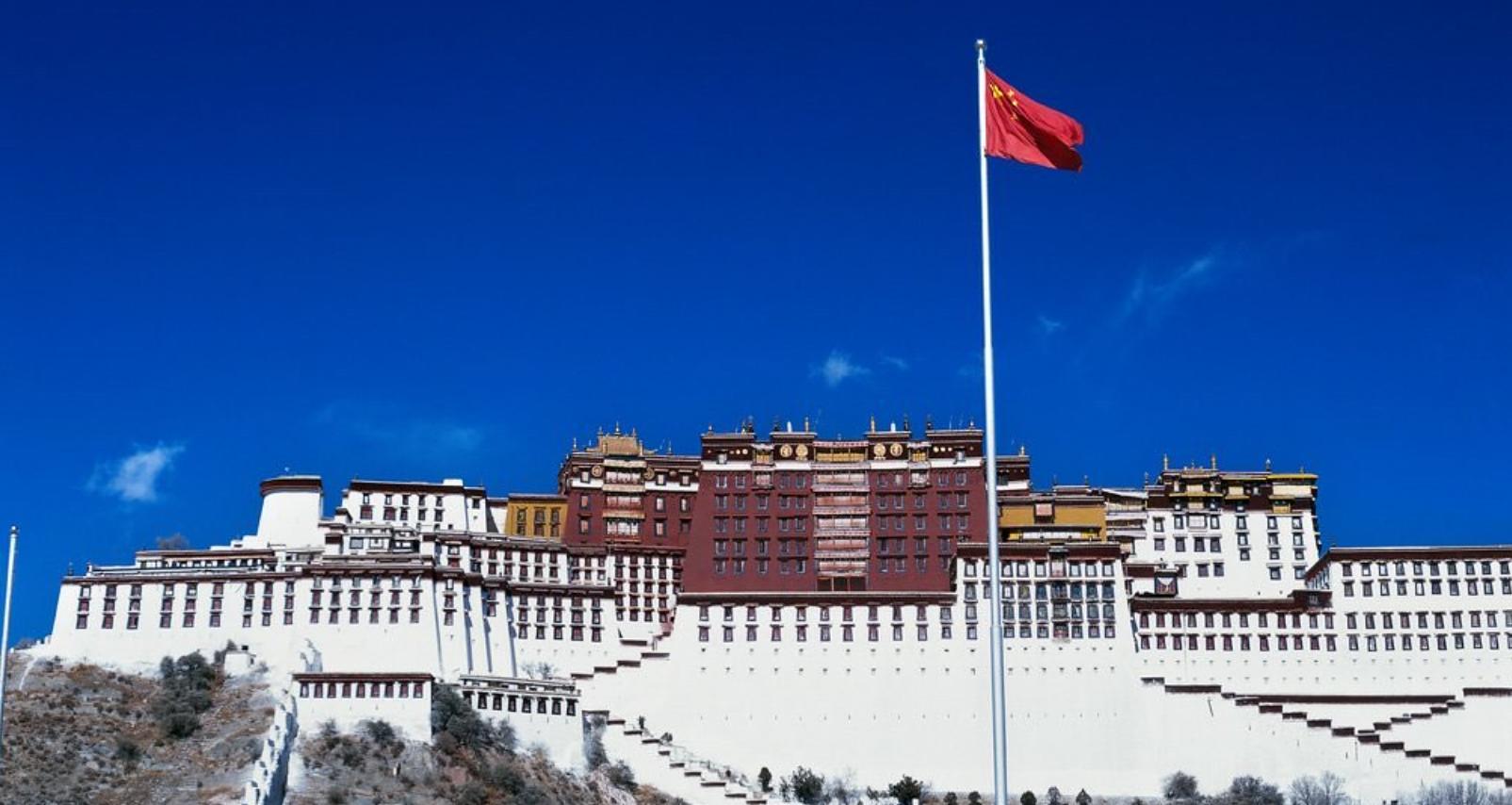
“Tibetans find themselves compelled to make such decisions”
A Tibetan refugee's account of life in Tibet
Throughout 2023, Free Tibet’s research partner, Tibet Watch, has been conducting a series of interviews with a group of newly arrived Tibetan refugees in Dharamsala, northern India, who escaped from occupied Tibet.
Due to its length, we have divided this latest account into three parts. Parts one and three are also available on our website.
In this second part, the refugee, a woman, aged 40, from central Tibet, talks about the level of security in Lhasa, the capital of Tibet and about Chinese government policies to promote what it calls “ethnic unity”. It begins with a description of a self-immolation protest carried out by Tsewang Norbu, a 25-year-old Tibetan singer, in Lhasa in 2022.
This interview was conducted on 21 September and is the sixth in the series (previous testimonies can be found here: I, II, III, IV, V). The following account is in her own words. We have kept her identity anonymous and omitted a few geographical details for security.
Last year, a Tibetan man called Tsewang Norbu set himself on fire in front of the Potala Palace. People who were walking nearby have seen it. But it was immediately covered up, and police forces were massively deployed at the scene. I heard these from people and saw many social media posts [on Douyin] sharing his song with prayers and emojis.
The online posts said: “We need to stand together” and others expressed pride in his action. But these were immediately removed and no one shared or talked about it. People secretly shared information to not to talk about it as it might lead to detention and arrest.
Everything is wiped out and kept out of public knowledge so that it remains unknown.

Tsewang Norbu, a popular 25-year-old Tibetan singer, carried out a self-immolation protest in Lhasa in February 2022
It seems that the real Jowo statue was damaged by the fire accident at the Jokhang Temple in February 2019. People in the city used to say that the present Jowo statue isn’t the one that was damaged by fire. There is a SWAT team ( 特警 ) stationed at the crossroad which leads to the Jowo temple. Before one enters the temple to see the Jowo, they conduct security checks there. Backpacks and phones are all thoroughly checked.
Lhasa is routinely scrutinised, and surveillance measures run all the time. Military helicopters hover above the city at all times, and paramilitary patrol the city. There are lots of security check posts at many points in Lhasa. We can easily recognise if something has happened in the city – whether it is a visit by Xi or any political activity because the police presence and movement would be noticeable.
You often see the Tibetans waving Chinese flags and welcoming Chinese delegations in Tibet, but it is also true that most of the Tibetans you see waving Chinese flags when visiting
Chinese delegations were mostly forced. Not volunteers. Those people are connected with the Chinese Communist Party and government. They are dependent on the government. They used to host those events and film them in the early morning. I saw it a few times when I used to go to work in the office. They stage these events out of sight from people.
Nowadays, you cannot trust and converse with anyone. In the past, we can see Tibetans secretly talking about everything among themselves in tea stalls at the Barkor street but you cannot do so these days. There are lots of spies and many people get arrested too. You cannot trust and the environment is brimmed with paranoia. Secret cameras and surveillance cameras are everywhere in Lhasa.

The Barkhor in Lhasa. A security camera is visible under a prayer wheel in the upper right corner.
It became more and more after the 2008 uprising; military tanks strolled the streets of Lhasa every day. Not only police but armed military also patrolled the streets of Lhasa.
I had a friend from a village from a county near the Nepal-Tibet border. She has a sister who used to live in India but is nowadays in France. When they talked over WeChat, the local police came to her home and checked her phone.
It is very difficult to keep in touch with the Tibetans living outside Tibet. Those surveillance cameras in Lhasa have the ability to record voices. It is scary to talk. They check anyone out in the streets who they find suspicious. If you speak Tibetan or make a video in Tibetan language and share it on Douyin, it gets immediately removed and blocked.
It is very strict in the Tibet Autonomous Region (TAR), and it is difficult to get permission to travel to Nepal. It is different from people from other regions. It is easier for Tibetans living in regions outside the TAR to get travel permits and you will see more people from these regions visiting His Holiness in India. I even tried to get a travel permit to Nepal and I thought I could flee to India from Nepal. I was told I needed so many documents and guarantors to get travel permits to Nepal. I heard that those Tibetan businessmen doing business in Nepal and foreign countries need guarantors from the company with which they are partnering and doing business with.
Ethnic unity and urban-rural marriage
China promotes the intermarriage of Tibetans and Chinese in Tibet in the name of promoting ethnic unity. They are promised preferential treatment and support from the government. They can buy a house at half of the market price. They have special consideration and support for their kids from the government. If they enrol as members in the Communist Party, they have special consideration and support.
There are also marriages between urban Chinese residents and rural Tibetan villagers. People with networks introduce them to each other. Such marriages give rural Tibetans easier access to jobs and other economic opportunities in the city which would be very difficult otherwise. The government creates such an environment where Tibetans find themselves compelled to make such decisions.
I never felt happy among Chinese people. Except for speaking Chinese at the workplace, I never made friends with Chinese people. I never hung out with the Chinese people. I never used to feel happy when my Tibetan friends spoke in Chinese. I used to scold them. My friends are not like me. They are married. They confided that they wished they were not married with children so that they could also flee to India.
On the other hand, nowadays you hear many cases of human trafficking in Tibet. It is also true. For instance, there was a story about a young girl who went missing without a trace and then around a decade later, she was found in a city somewhere in China. She had been married off to a Chinese Hui Muslim, and has children now. But I don’t know how she disappeared, nor how she was found.
Information supplied by Tibet Watch.

